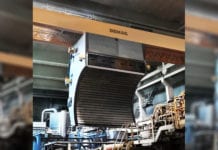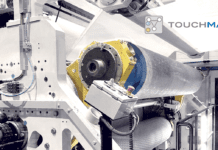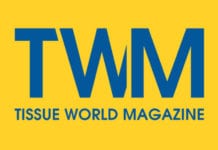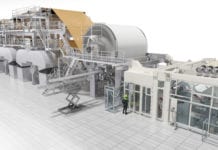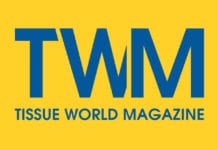(News from RISI) The German tissue giant WEPA is poised for growth as it plans to spend more than Euro 50 million on two new tissue machines.
The new lines will be installed at WEPA’s mills in Lille, France and Marsberg, Germany and will have a total capacity of 64,000tpy.
According to the group, the capacity expansion will optimise its existing procurement and logistics structures in Europe and strengthen its competitiveness.
The new PMs will be supplied by Toscotec. Both lines will be 2.80m wide and will have a design speed of 2,000m/min.
The machine in Lille will start operating in July next year, while the launch of the Marsberg PM is scheduled for November 2015.
WEPA chief executive Martin Krengel said: “The investment in two state-of-the-art machines safeguards a sustainable future for us as a family-owned company. “The expansion of our production capacity will cover our demand for mother reels permanently, and we will be able to pass on this supply guarantee to our customers in the consumer and away-from-home markets.”
Technical director Walter Hirner adds: “The paper industry numbers among the most energy-intensive industries.
“Efficient production processes and the economical use of electricity and gas in the production of semi-finished goods contribute significantly to the reduction of CO2 emissions, saving resources and optimizing cost structures.”
Moreover, WEPA will be able to optimise the logistical streams between its European sites and counterbalance rising freight costs thanks to the reduction of additional purchases of semi-finished products.
WEPA was founded as “Westfälische Papierfabrik” in 1948. The group started up as a trading company, developed into a converting business and has been focusing on its present core business, paper production, since 1958.
Today, WEPA employs some 3,000 people at 11 sites in Europe. The group produces a total of 640,000tpy of tissue for high-quality toilet paper, kitchen towels, handkerchiefs, facial tissues, napkins, industrial rolls and paper towels on 16 paper machines and generates annual sales of around Euro 1 billion.























